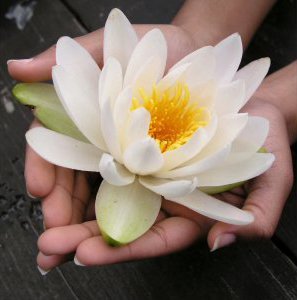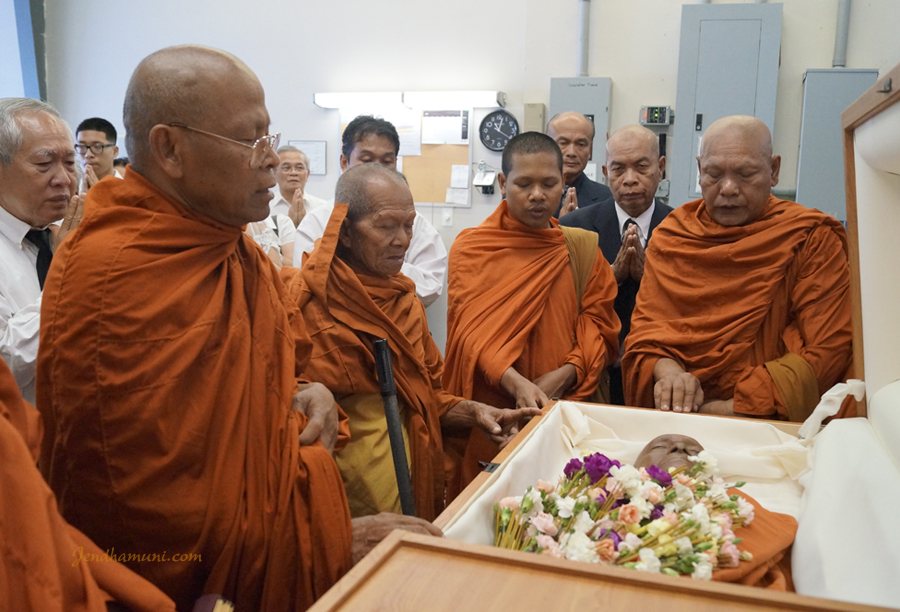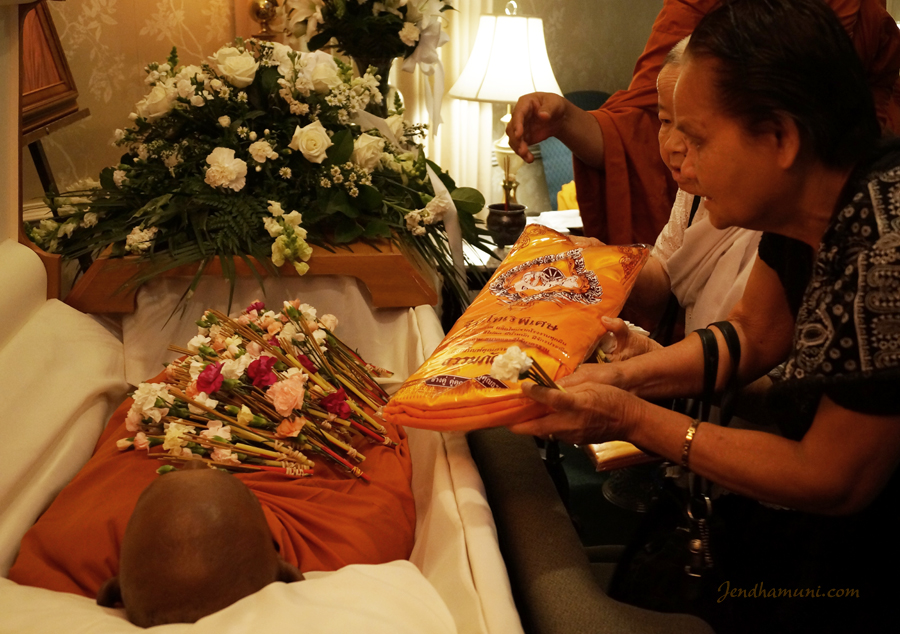
How to survive a traffic jam—
on the road, or in the heart
When I was a child, I was told many times, “Be patient” or “Patience is a virtue.” I would relate to these words in much the same way I would to the order “Eat your spinach.” To me, “Be patient” meant “Grin and bear it,” or that I should repress my feelings about the disagreeable aspects of life. This is not what is meant by patience from the Buddhist perspective, however.
Patience, or khanti, is the sixth of the ten perfections, or paramis (the virtues that one has to perfect in order to fully awaken; there are ten paramis in the Theravada tradition, six paramitas in the Mahayana). The clarity of wisdom and the softness of compassion are the companions of each of the perfections. Patience is motivated by our desire for inward and outward peace and by faith in our ability to accept things as they are. In Buddhism patience has three essential aspects: gentle forbearance, calm endurance of hardship, and acceptance of the truth.
Gentle Forbearance

The first aspect of patience is gentle forbearance. We may be the exhausted parent of a child who is having a fit over some baffling homework; perhaps patience in this case means taking a few deep breaths instead of yelling in frustration. Or we may be on the verge of making a brilliant retort to a coworker, but we hold our tongue rather than say something hurtful. Even though our impatience is triggered, we can tap into the deeper reservoir of our motivation not to do harm. Gentle forbearance may feel difficult—even contrived—because it doesn’t constitute true acceptance of how things are. But it is nonetheless a critical aspect of patience because it helps us restrain ourselves long enough to determine the most skillful action for the moment.
Gentle forbearance helps to anchor our attention in the movement of the breath. Can we truly receive just one breath? Can we sustain the attention from the birth of the breath, through its life, and through its passing away? We notice that in these moments of attention we are temporarily freed from mental torment. There is no need to focus on our expectations or attachment to results. Impatient thoughts come and go by themselves, just as the breath comes and goes by itself.
Any time we want life to be different than it is, we are caught in impatience. We lose our sense of humor; and self-pity, despair, and blame seep into the heart. Gentle forbearance includes the spirit of forgiveness. When we feel conflict with others, understanding their suffering is the first step in being able to communicate, forgive, and begin again. The practice of forgiveness happens when we are able to realize the underlying cause of our anger and impatience, and this allows us to distinguish between someone’s unskillful behavior and essential goodness. Serenity and calm develop as we learn to accept imperfection in others and ourselves.
By Michele McDonald
Source: http://www.tricycle.com




















